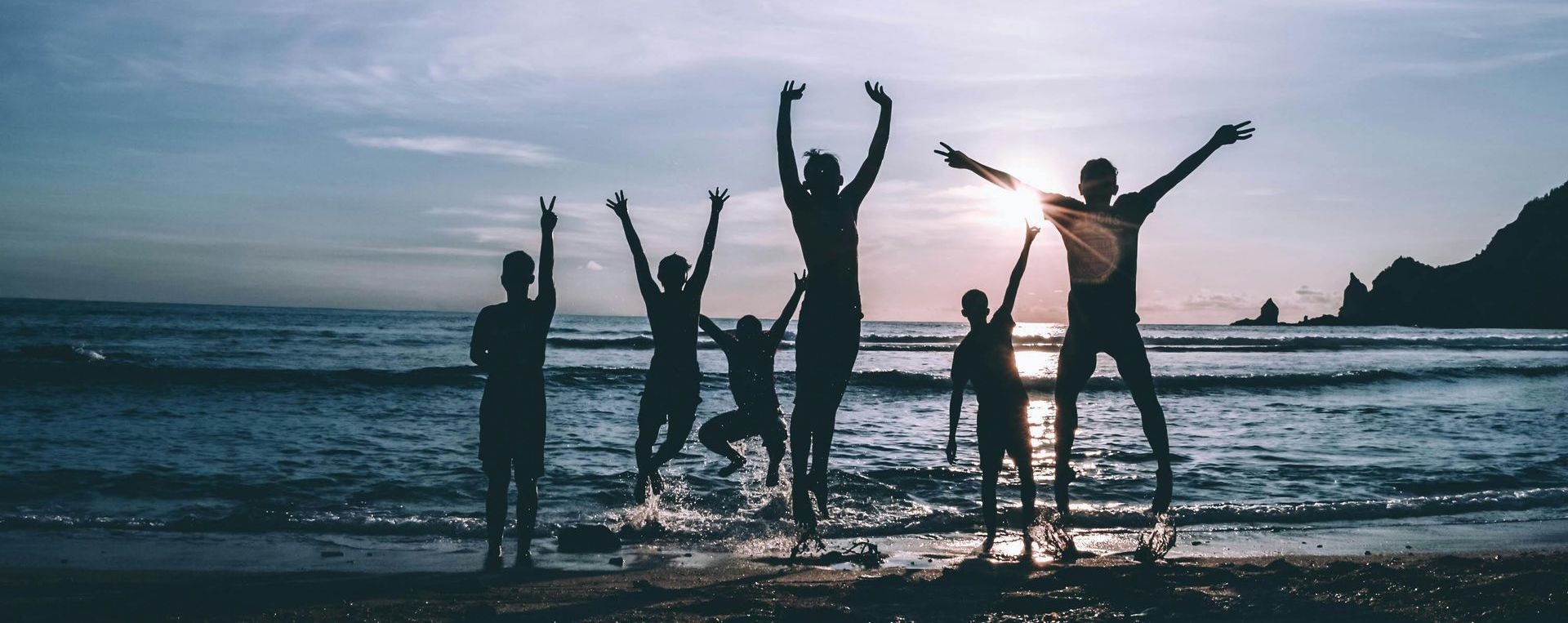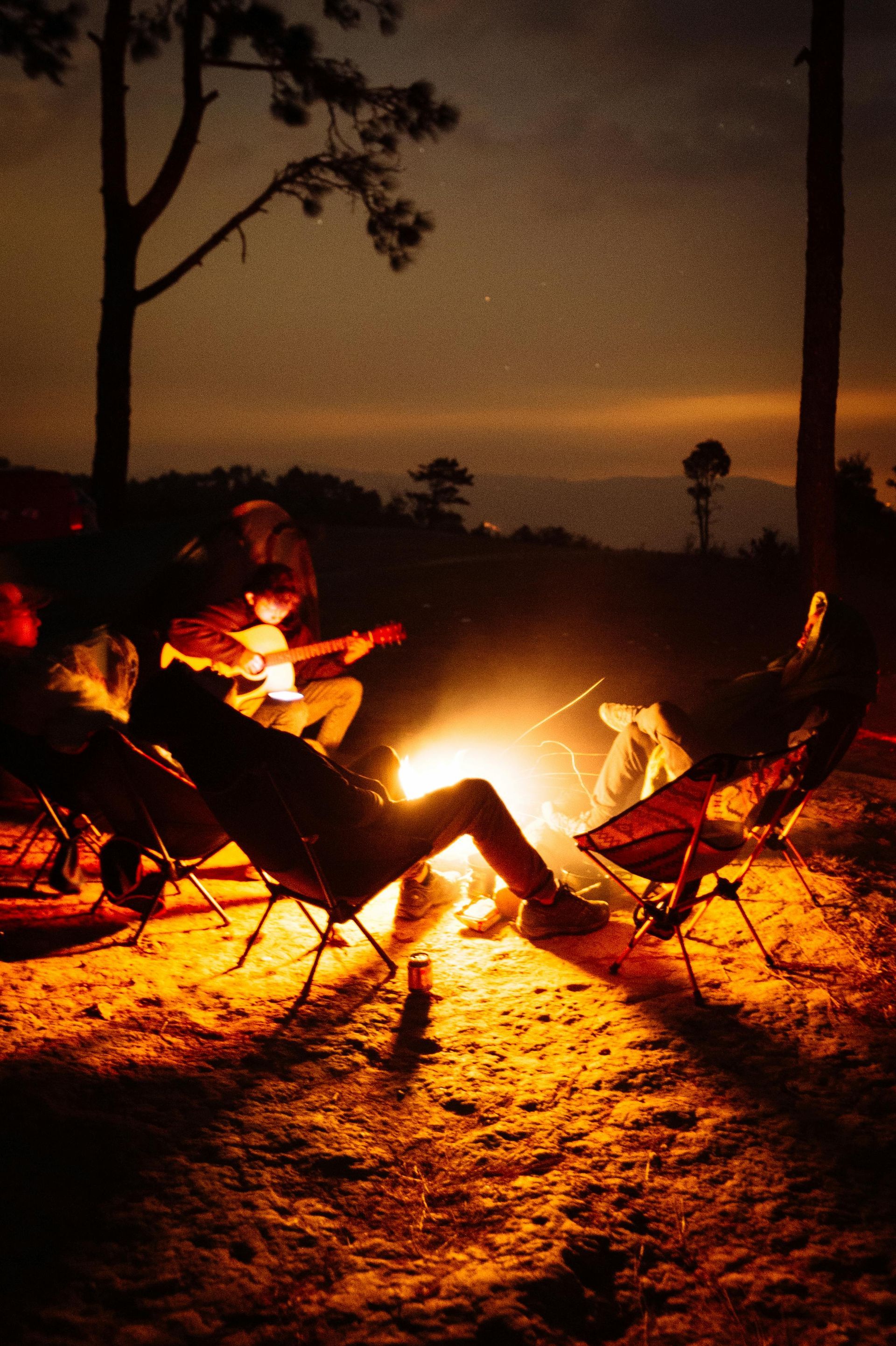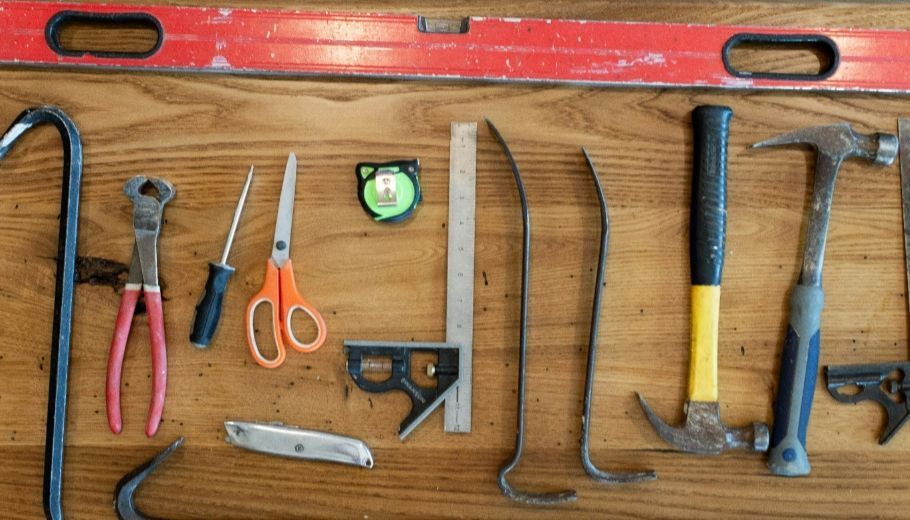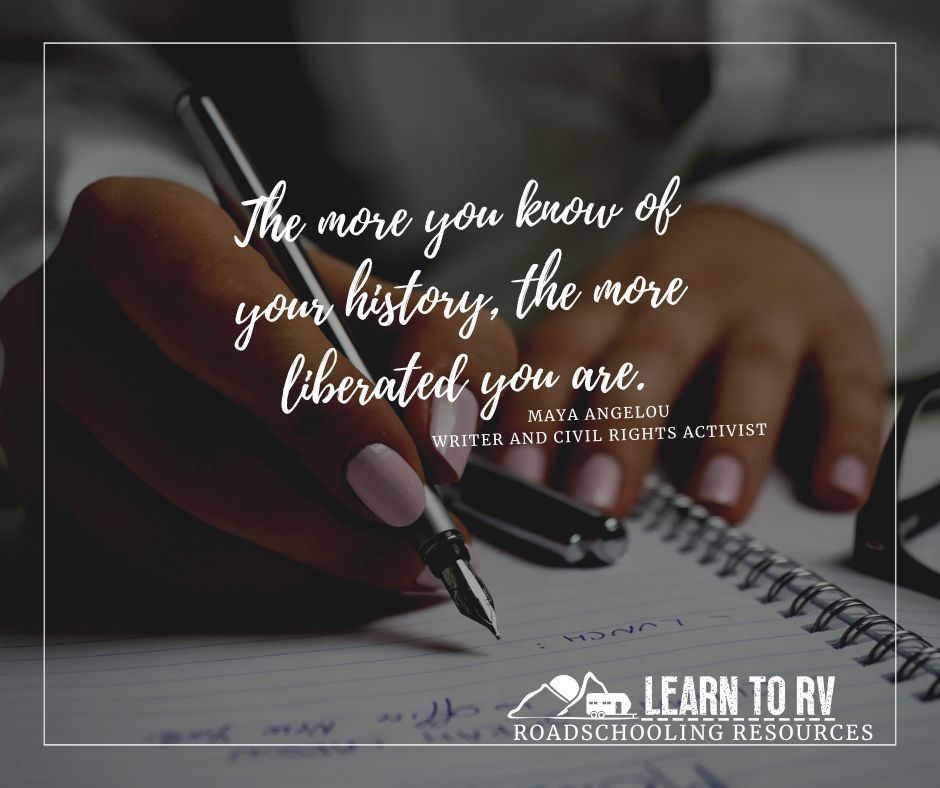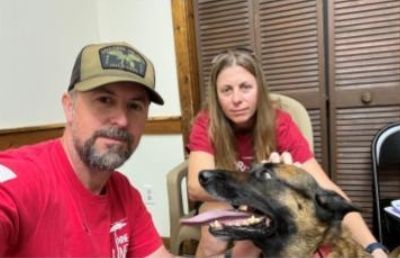Decision Fatigue on the Road: Managing Mental Overload in Full-Time RV Life
Jennifer Aggio • May 23, 2025
Life on the Road = Endless Decisions
If you’ve ever felt mentally drained before breakfast on a travel day, you’re not alone. Full-time RV life comes with more freedom than the traditional lifestyle, but also a nonstop stream of choices. And not just little ones.
New grocery store. New gas station. New route. New trail. New town.
Where do we go next? Can we fit under that bridge? Should we take the scenic drive or the faster one? Are there dump stations nearby? Is there a mobile tech in the area?
Oh, and let's not forget... what's for dinner?
It’s not just the number of decisions. It’s that they matter. Some of these choices affect your safety, your comfort, or your wallet. And the constant mental gymnastics required to keep everything moving can take a toll. This, my friends, is what we are calling decision fatigue.




What Is Decision Fatigue?
Decision fatigue is exactly what it sounds like: the mental exhaustion that comes from making too many decisions in a short span of time. The more choices you make, the harder each one becomes. You start second-guessing yourself, avoiding choices altogether, or just feeling plain irritable.
And on the road, there’s no shortage of decision-making:
- What’s the best route?
- Where will we park tonight?
- How many stops do we make?
- Do we have enough snacks for the hike?
- What’s the weather doing tomorrow?
- When can we dump or fill up water?
It adds up - and fast.
How to Deal with Decision Fatigue on the Road
Here are some practical strategies that can help take the edge off and make RV life feel lighter, more sustainable, and enjoyable again. Because let’s be honest, this lifestyle is supposed to be freeing, not fatiguing. The goal isn’t to do more, it’s to do what matters, and do it well. When every choice starts to feel heavy, it’s a signal that your mind and body need breathing room.
As author Greg McKeown puts it in Essentialism:
“If you don’t prioritize your life, someone else will.”
In the RV world, that “someone else” could be the ticking clock, the weather app, or the never-ending list of “cool things nearby.” These tips are here to help you reclaim your headspace, so you can keep making memories without feeling mentally maxed out.
Tip #1: Create Routines Where You Can
Even the most flexible lifestyle benefits from a little structure. In fact, routines can be your best defense against decision fatigue. When you remove some of the small, repetitive choices from your day, you free up your brain to focus on the things that actually matter, like staying safe on the road, soaking in new experiences, and being present with your family.
Start by creating routines around the parts of life that happen often:
- Set designated travel days (e.g. Mondays and Thursdays only). Knowing in advance when you’re moving helps you plan better and prevents the mental tug-of-war of “should we leave today or stay one more night?”
- Use morning and evening checklists. Whether it’s coffee + laundry or dumping + vacuuming, having a predictable rhythm reduces errors and mental load.
- Have go-to meals or snacks for travel or hiking days. Keeping a small rotation of easy, dependable options cuts down on last-minute decisions when everyone’s already tired or hungry.
Routines don’t take away your freedom - they protect it. By simplifying the everyday stuff, you give your brain a break and make space for spontaneity, creativity, and fun.
“You’ll never change your life until you change something you do daily.” John C. Maxwell
Less daily guesswork = more brain space. And that brain space? It's exactly what helps you enjoy the adventure instead of feeling weighed down by it.
Tip #2: Limit Big Decisions Per Day
When you’re living the RV life, it can feel like everything’s connected - that's because it is. But that doesn’t mean you have to make every major decision all at once. If you’re in the middle of picking your next campground, resist the urge to also plan out your entire summer route, book all your stops, and map out every activity along the way.
Your brain can only juggle so many high-stakes decisions before it starts to short-circuit. Trying to tackle too much at once usually leads to frustration, rushed choices, or second-guessing everything later.
Instead, break up your decision-making into chunks.
- One day: research the next campground.
- Another day: look into your summer region.
- Later: plan out any fun stops or hikes.
Giving yourself mental margin between decisions helps you make more thoughtful choices, and protects your peace in the process.
This isn’t about being inefficient, it’s about avoiding burnout by not asking your brain to do too much at once.
Tip #3: Use Tools to Offload the Mental Load
You don’t have to store every decision and detail in your head, especially when your phone or laptop can help you carry the load. Technology is one of the best resources for minimizing decision fatigue. The trick is learning to use it with intention so it simplifies your life instead of overwhelming it further.
Start with a simple written to-do list, on your phone, a note on your laptop, or even good old-fashioned pen and paper. Whether it’s campground research, grocery items, tasks for travel day, or prepping for a hike, getting those thoughts out of your head and onto a list gives your brain a break.
Then, let digital tools help with the rest:
- Navigation apps like RV LIFE are designed specifically with RVers in mind - helping you avoid low clearances, weight restrictions, and sketchy roads so you can plan with peace of mind.
- Campground finders like Campendium or Harvest Hosts take the guesswork out of where to stay by giving you photos, reviews, and filters to match your needs (hello, cell signal filters!).
- Google Maps starred locations let you save key spots like gas stations you fit into, favorite hikes, dump stations, or places you want to check out later.
The beauty of these tools? They do the heavy lifting, so when it's time to make a decision, you're picking from a shortlist, not starting from scratch. That’s a massive energy-saver on the road.
“You can do anything, but not everything.” – David Allen
So let the tech do its job. Your brain deserves the rest.
Tip #4: Meal Plan Ahead (Even Just a Little)
You don’t need a full spreadsheet or a month-long meal plan, but having 5–7 go-to dinners you can rotate through takes a huge amount of pressure off. These should be meals you know your family enjoys, are easy to prep in a small space, and don’t require fancy ingredients. Bonus points for prepping a few freezer meals ahead of time, especially for travel days when cooking is the last thing you want to do.
Tip #5: Prep for Travel Days the Night Before
Lay out clothes, fill water bottles, make snacks, check the route, those little things make a big difference. You can also knock out a few bigger tasks the night before, like loading up bikes, securing loose items, or giving the RV a quick clean inside. The more you prep ahead, the smoother your morning goes, especially before the coffee kicks in.
Tip #6: Build in Margin for Fun & Rest
Don’t over schedule every day. The beauty of RV life is that you get to set the pace, so make sure to leave some breathing room in your calendar. Plan for slow mornings with nowhere to be, no-drive days to simply reset, and zero-plan afternoons where it’s okay to just sit outside and do nothing.
Not every moment has to be optimized, productive, or packed with adventure. Some of the best memories come from the unplanned ones like spontaneous walks, lazy lunches, or just watching the sunset without rushing off somewhere.
Giving yourself margin isn’t lazy - it’s essential. You can’t pour from an empty cup, and a little extra space in your day keeps the joy in the journey.
Tip #7: Slow Your Roll, Don't Travel Too Fast
When you're constantly on the move, you multiply the number of decisions you have to make fast. Every few days it’s a new route, new campground, new grocery store, new dump station, new weather pattern to consider. The mental load builds quickly.
Try to stay at least one full week in each spot. Two weeks or more? Even better. Slowing down allows you to catch your breath, settle into a rhythm, and actually enjoy the place you’re in instead of constantly prepping for the next leg of the journey.
It also gives you space to develop routines, shopping at the same store twice, going for a second hike in the same park, even figuring out where the good laundromat is. With fewer travel days, there are fewer decisions to make, which means more energy for the fun parts of RV life.
Slowing down isn’t falling behind - it’s choosing a pace that lets you fully experience the lifestyle you worked so hard to create.
Final Thoughts
Full-time RV life gives us the gift of freedom, but that freedom comes with a cost: decision fatigue. When every day holds dozens of choices, it’s no wonder we sometimes feel drained.
But with a few smart strategies and some grace for yourself, you can keep that sense of wonder alive while reducing the mental load. Whether it’s limiting decisions, sticking to routines, or letting apps do some of the thinking, protecting your peace is just as important as planning your next stop.
